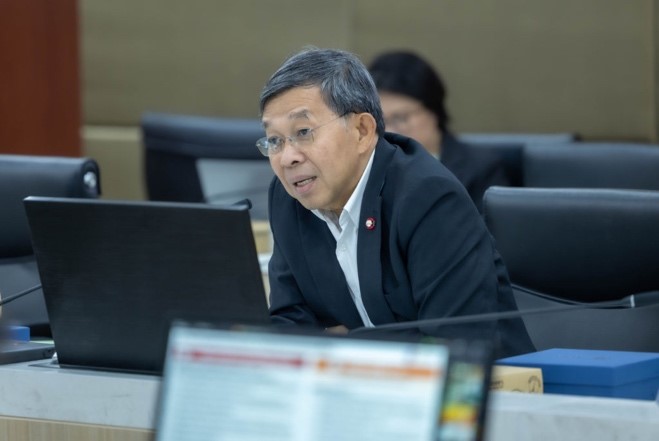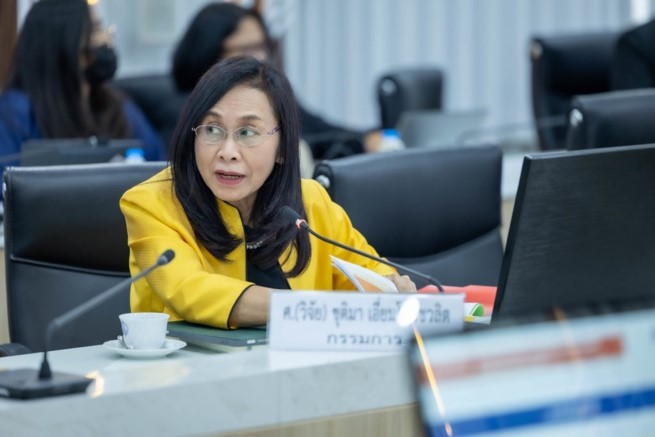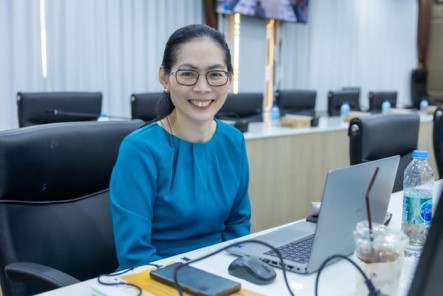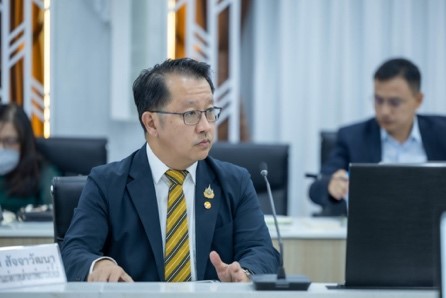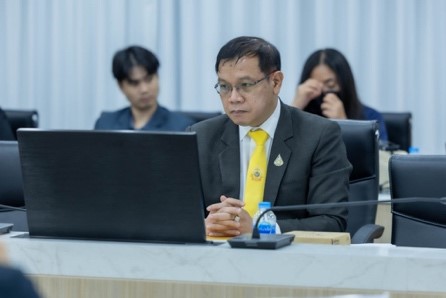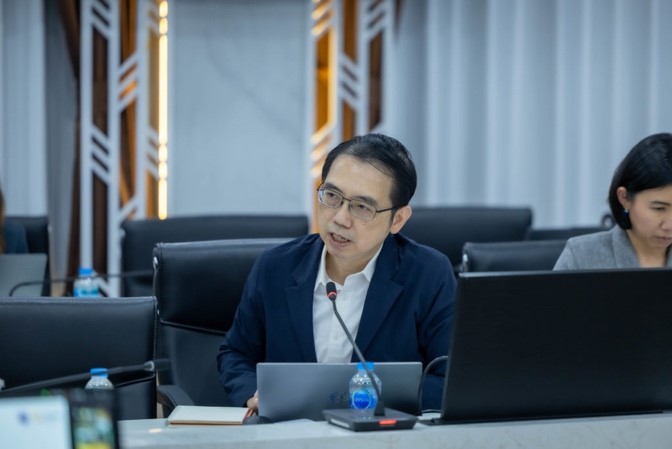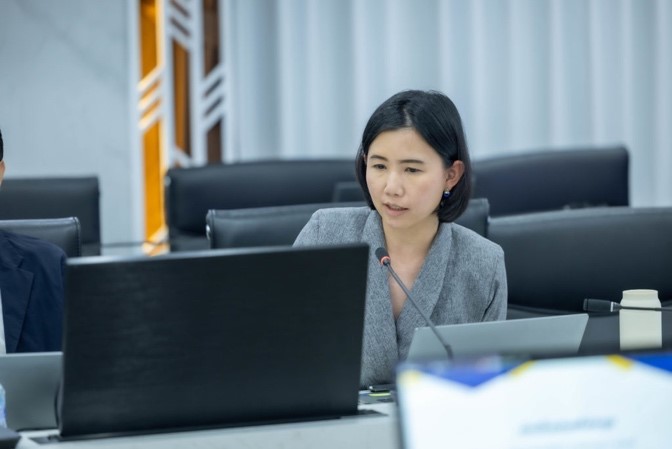The NXPO Executive Board convened on 27 January 2025 at the MHESI Headquarters, with Ms. Supamas Isarabhakdi, Minister of Higher Education, Science, Research and Innovation (MHESI) serving as the Board Chair. The meeting focused on policy recommendations and strategies to promote Thailand’s battery industry.
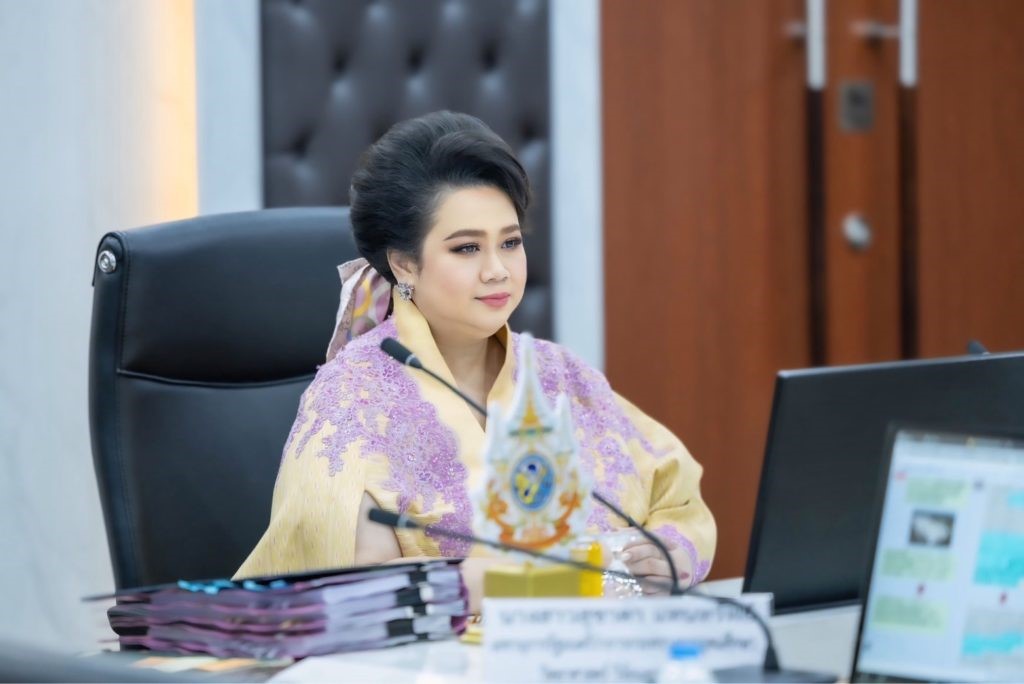
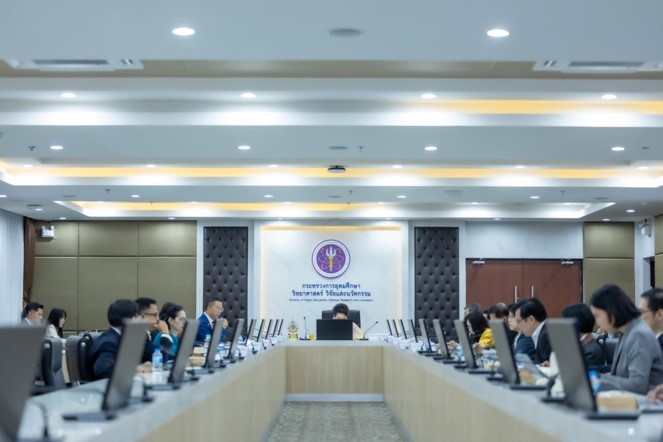
Dr. Surachai Sathitkunarat, President of NXPO, emphasized that electric vehicles (EVs) are among Thailand’s key future industries. With the global EV sector expanding rapidly, battery industry development is crucial and aligns with MHESI’s EV policy.
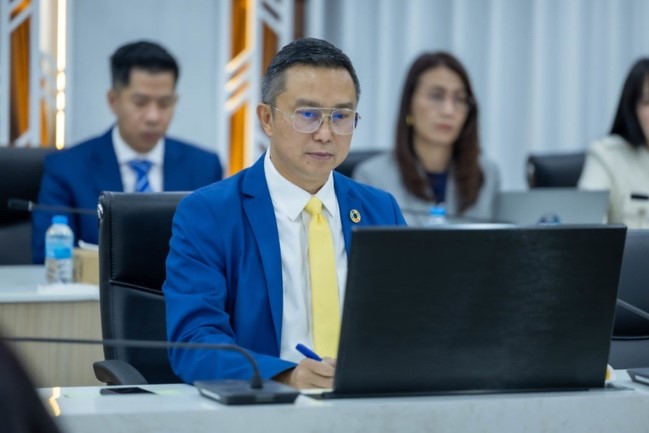
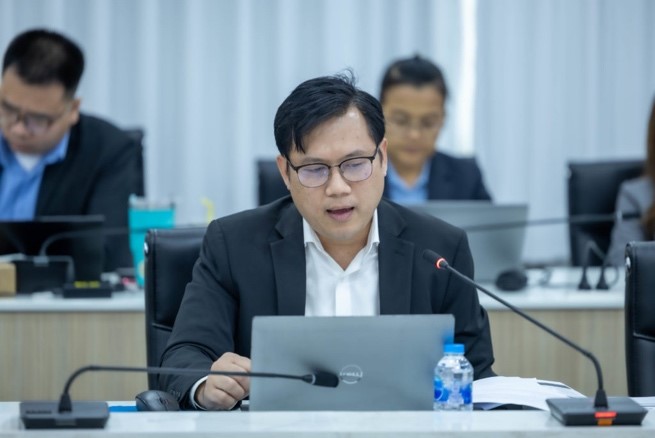
Dr. Thanakarn Wongdeethai, NXPO Strategist, presented projections on global and domestic battery demand. By 2030, the global demand is expected to reach 4,917 gigawatt-hours (GWh), valued at 49.17 trillion THB—275% of Thailand’s GDP in 2023. Of this, 3,388 GWh will be for EVs and 1,529 GWh for non-EV applications. If Thailand follows global trends, domestic demand is projected at 30 GWh per year for EV production and 13.5 GWh per year for other industries, creating a market worth 435 billion THB annually (2.43% of Thailand’s GDP).
Dr. Thanakarn also highlighted key challenges for Thailand’s battery industry, particularly competition from countries offering strong policies and incentives with large-scale R&D funding. If incentives can be offered, at least two major battery manufacturers are expected to make investments in battery cell production in Thailand, each with an initial production capacity of 6–10 GWh and a combined first-phase investment of over 30 billion THB. Without incentives, however, Thailand risks economic losses of 135–435 billion THB annually, along with 30–132 billion THB in investment losses and potential job losses affecting 500 to 1,000 households. Missed opportunities in R&D and workforce development could cost at least 560 billion THB (3.1% of GDP), with ongoing annual losses of 140 billion THB (0.8% of GDP).
Dr. Thanakarn presented a draft plan to promote Thailand’s battery industry, setting minimum production targets of 30 GWh per year for EVs and 13.5 GWh per year for non-EV applications by 2030. Urgent measures were proposed to attract investment, including specific conditions for BOI incentives:
- At least 90% of employees in battery cell factories must be Thai nationals.
- R&D activities must be conducted in Thailand, with at least 70% of engineers and researchers being Thai nationals.
- At least one key component must be manufactured domestically.
- Business matchmaking should be facilitated to develop a local battery supply chain.
- Academia-industry collaboration should be promoted for work-integrated learning and internships.
- Additional machinery investment support should be provided for non-EV battery cell production (e.g., drones, telecommunications).
- Factories in the Northeastern region or secondary provinces should receive extra investment incentives.
The meeting also discussed short-, medium-, and long-term measures:
- Short-term: Provide large-scale, multi-year research grants; support new academic programs, reskilling, and upskilling; create internship opportunities for STEM students in battery manufacturing; offer customs and tax exemptions for R&D imports; and establish a national committee for battery industry development.
- Medium-term: Allocate budget for multi-year R&D projects and R&D personnel development in battery recycling and raw material recovery; introduce subsidies and tax policies to boost domestic high-capacity battery production.
- Long-term: Strengthen Thai enterprises across the value chain for self-sufficiency; invest in battery industry infrastructure; and expand battery pack design and testing capabilities nationwide.
The Board endorsed NXPO’s recommendations and also directed NXPO to develop an action plan to address PM 2.5 pollution, which is currently a government priority.
